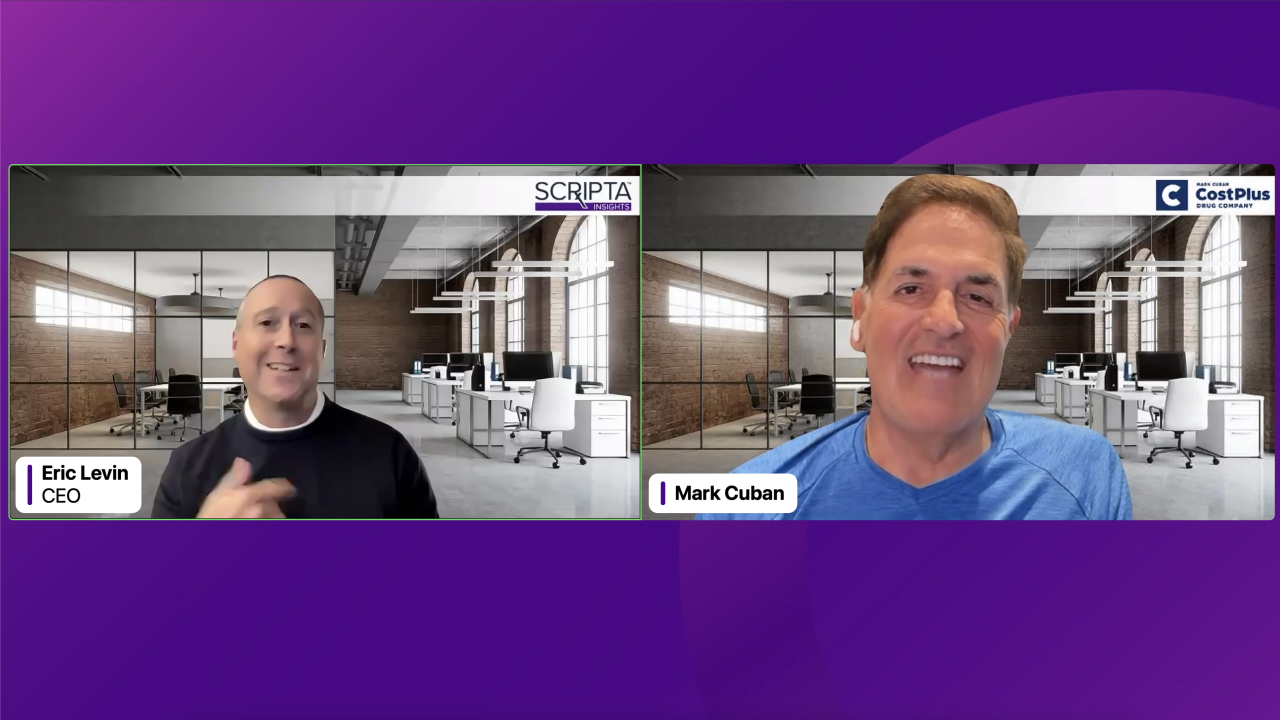On January 3, 2012, the Internal Revenue Service issued Notice 2012-9 which provides clarifying and additional guidance on the requirement that employers report the cost of employer-provided health coverage on employees' Forms W-2, as required under the Patient Protection and Affordable Care Act.
Under PPACA, group health plan sponsors are required to report the aggregate cost of applicable employer-sponsored coverage on employees' Forms W-2. "Applicable employer-sponsored coverage" means coverage under any group health plan made available to the employee by an employer that is excludable from the employee's gross income. Certain types of coverage are specifically excluded from the reporting requirements, such as coverage under a health reimbursement arrangement, amounts contributed to a health savings account and salary reduction contributions to a health flexible spending arrangement.
Most employers must comply with these reporting requirements beginning with the 2012 calendar year.
Notice 2012-9 provides clarification regarding several aspects of the new reporting requirements under PPACA:
* The "small employer" exception from the reporting requirements will not apply to an employer who filed fewer than 250 Forms W-2 only because the employer used an agent to file the forms.
* The amount of a health FSA is required to be included in the aggregate reportable cost on an employee's Form W-2 only if the amount of the health FSA for the plan year exceeds the salary reduction elected by the employee for the plan year.
For example, if an employer's cafeteria plan permits contributions only through employee salary reduction elections, i.e., it does not offer any employer flex credits, and an employee makes a $2,000 salary reduction election for qualified benefits under the plan, including a health FSA for $1,500, then none of the health FSA amount is included for purposes of determining the aggregate reportable cost.
* The cost of coverage under a dental or vision plan is not included in the aggregate reportable cost if such benefits are considered "excepted benefits" under HIPAA. Generally, to be considered an excepted benefit under HIPAA, dental or vision benefits must be offered under a separate policy, certificate or contract of insurance, and participants must have the right not to elect dental or vision coverage.
Other highlights include:
* An employer is not required to include the cost of coverage provided under an employee assistance plan, wellness program or onsite medical clinic if the employer does not charge a premium with respect to such coverage provided to a qualified beneficiary who has elected COBRA coverage.
* On employees' Forms W-2, an employer may include the cost of coverage that is otherwise not required to be reported, including coverage under an HRA, multiemployer plan, EAP, wellness program or onsite medical clinic. If an employer chooses to report this coverage on employees' Forms W-2, the employer is required to calculate the cost of coverage using a permissible method under Notice 2012-9.
* The guidance clarifies how to calculate the reportable amount for coverage in which only a portion of such coverage is group health coverage, such as a long-term disability program that provides some health care benefits. An employer may use any reasonable allocation method to determine the cost of the portion of the program providing applicable employer-sponsored health coverage. If the portion of the program providing a benefit that qualifies as "applicable employer-sponsored coverage" is only incidental compared to the portion of the program providing other benefits, the employer is not required to include either portion of the cost in the aggregate reportable cost.
Similarly, if the portion of the program providing a benefit that does not qualify as "applicable employer-sponsored coverage" is only incidental to the portion of the program that does qualify for reporting purposes, the employer may report the entire cost of the program.
Contributing Editor Kate Bongiovanni is an associate in the tax section of Smith, Gambrell & Russell, LLP. She practices in employee benefits law, with a specific concentration in health and welfare matters, including compliance with health care reform legislation, ERISA, HIPAA, FMLA and COBRA. She can be reached at





